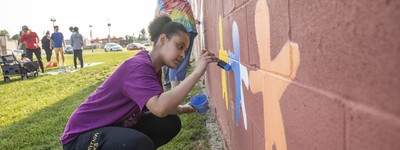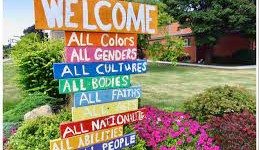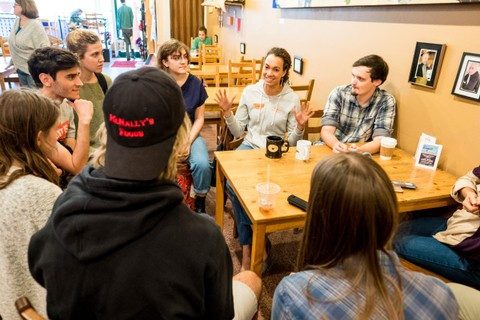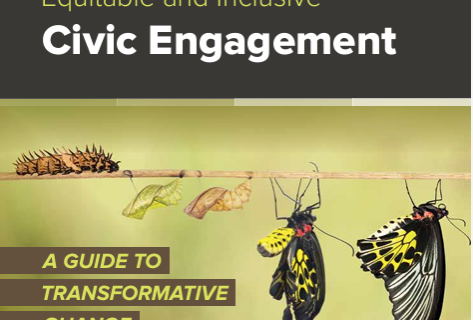How can we help?
Feel free to contact Julie Lascol, Associate Director of Community Engaged Learning, or peruse the options below for more about how we may be of assistance.

Explore and Design a Community Engaged Learning (C-EL) Course
Let us help you brainstorm ideas and share community-engaged learning opportunities, provide access to resources and funding, or help facilitate the building of community relationships and partnerships.

Fund a C-EL Course
Whether you are planning or implementing a community engaged course or are working to complete or sustain a project started in a class, the Center for Careers, Life, and Service and the Academic Dean’s office both have funding resources that may help.

Formalize and Implement a C-EL Course
Let us help you formalize community and academic expectations, finalize funding sources and coordinate partnerships and logistics as you teach your course.

Assess and Sustain Community Engaged Projects
Let us help provide resources for reflection and feedback, create a plan for transitioning projects from one semester to another or to transition it into a co-curricular endeavor, or make other changes to either sustain an initiative or bring it to a close.

Locate General Resources
When teaching a community engaged class you don’t have to recreate the wheel. We have a wide array of resources that might help.

Explore What Others Have Done
Want to know more about what others have done? Maybe knowing more might spark your imagination or help you identify someone with a valuable perspective or insight? We have a number of examples of community engaged courses that your colleagues have offered at Grinnell.

Social Justice Tour
The service and social innovation staff in the CLS have designed a tour for people who are interested in becoming active in the civic life of Grinnell and who want to learn more about becoming socially just collaborators in community action.

Community Engaged Class Transportation
While many of our community partners are within walking distance of campus, others are located in our surrounding communities where transportation to and from a site is required. The CLS partners with Facilities Management to help accommodate these service transportation needs.

Critical Considerations for F-1 Students
F-1 students may typically participate in charitable or humanitarian service, like serving food at a soup kitchen, reading to children at a public library, or visiting the elderly. However, many other scenarios of off campus community engagement fall into a category that is off limits or requires practical training authorization. Before planning your class please consult with Julie Lascol or with someone from the Office of International Student Affairs (OISA).
Learn More (login required)



